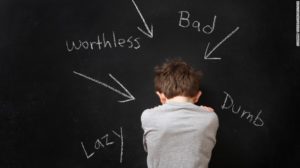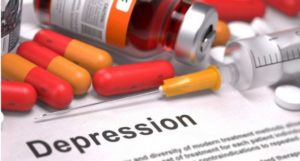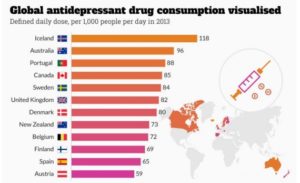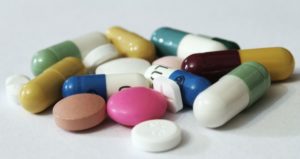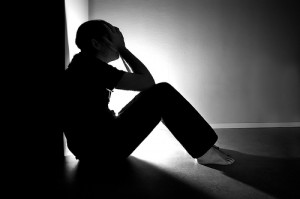1. The placebo effect is all in the mind.
“In reality, placebo treatments can cause measurable, biological changes similar to those triggered by drugs.”
2. Placebos work only if patients think they’re real.
“Over the past few years, however, scientists have found that this isn’t true. Honest (‘open label’) placebos work, too.”
3. Neurotic, suggestible people are more likely to respond to placebos.
“It’s not neurotic people who see benefits … but rather those who are optimistic, altruistic, resilient and straightforward.”
4. You have to take a placebo to get a placebo effect.
“It’s true that placebos won’t shrink a tumor, cure an infection or replace insulin in someone with diabetes. But many “real” medical treatments — particularly those that modify symptoms like pain, fatigue, nausea or depression — rely on the placebo effect.”
5. Drugs are always more effective than placebos.
A rigorous recent study of 152 trials found that placebo effects are often about the same as drug effects.
For more detail on all of the above, and references to research, read the Washington Post article.




